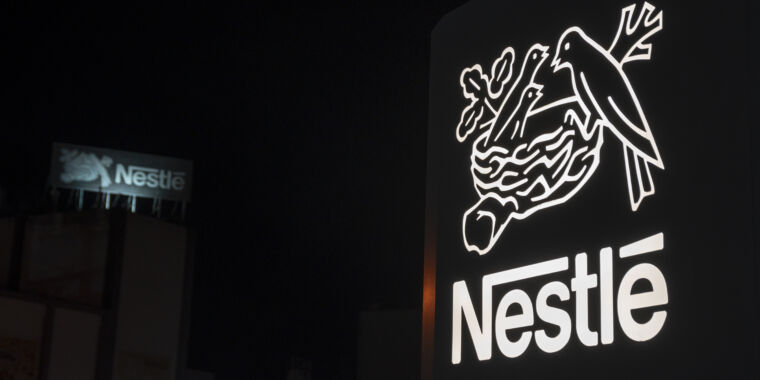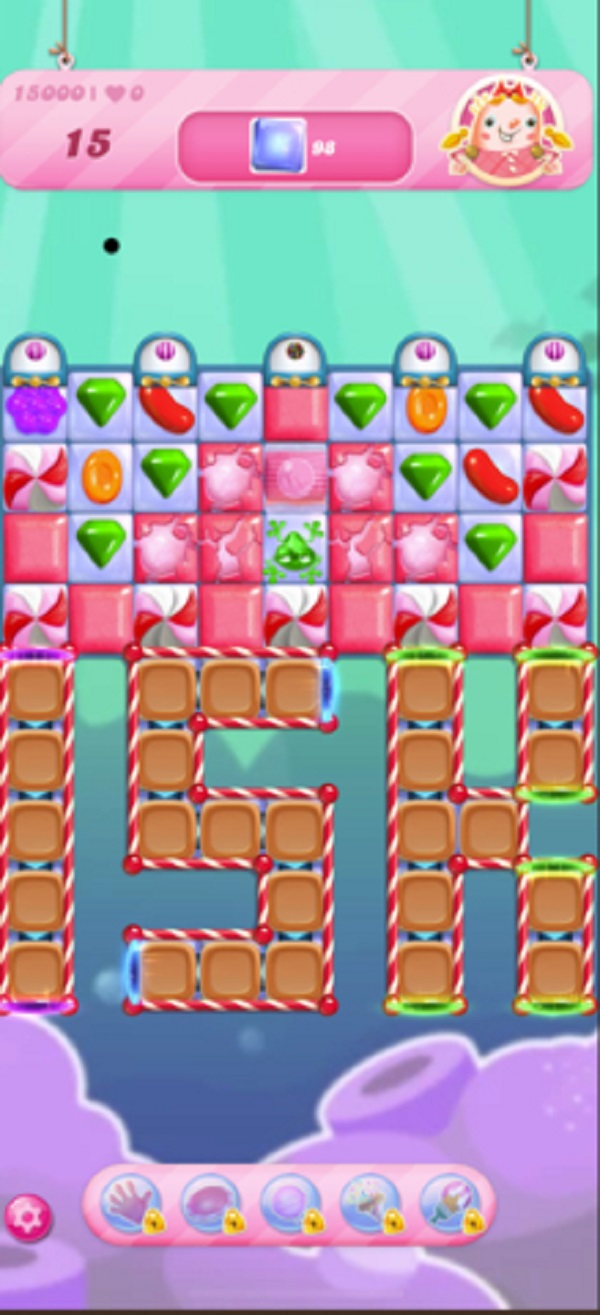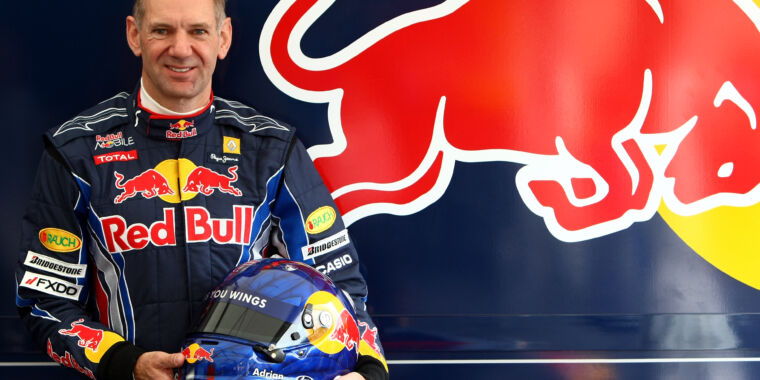Nestlé’s Double Standards on Added Sugars in Baby Foods
In high-income nations, Nestlé’s baby food products are manufactured without any added sugars, aligning with guidelines from prominent health institutions globally and consumer demands. However, a significant disparity emerges in low- and middle-income countries, where Nestlé incorporates sugar into these same baby products, at times at excessive levels. This practice may instigate children to develop a preference for sugary diets, fostering detrimental dietary habits, as indicated in a recent inquiry disclosed by non-profit organizations.
The Investigation Results
Public Eye and the International Baby Food Action Network (IBFAN) spearheaded the investigation, underscoring the unjustifiable dichotomy created by Nestlé’s inclusion of added sugars in baby foods in economically challenged regions, contrary to expert advice. Rodrigo Vianna, an epidemiologist and professor at the Department of Nutrition of the Federal University of Paraíba in Brazil, labeled the addition of sugars in baby foods as both superfluous and highly addictive, intensifying the risk of nutrition-related disorders in adulthood. These maladies may encompass obesity, diabetes, and hypertension, among others. The investigation particularly scrutinized Nestlé’s Cerelac and Nido products, deemed the company’s top-selling baby food brands in low- and middle-income countries, yielding over $2.5 billion in sales.
For instance, the examination into a Cerelac wheat cereal product revealed up to 6 grams of added sugar in nations such as Thailand, Ethiopia, South Africa, Pakistan, India, and Bangladesh. Conversely, the same product exhibited zero added sugars in the United Kingdom and Germany. Particularly alarming was the Cerelac baby cereal product in the Philippines, boasting 7.3 grams of sugar, surpassing the recommended threshold for children under the age of 2.
Global Health Implications
The World Health Organization (WHO) scientist Nigel Rollins underscored the incongruity, emphasizing Nestlé’s omission of added sugars in its baby products in Switzerland—its home base. The persistence of this practice in resource-constrained settings raises public health and ethical concerns, Rollins asserted. WHO’s recent report highlighted a troubling rise in childhood obesity rates, emphasizing the necessity for prudent dietary strategies to curb this escalating health crisis.
Responding to the investigation, Nestlé attributed the disparity in sugar content to local regulations and ingredient availability, ensuring that these discrepancies do not undermine the nutritional integrity of their products for infants and toddlers. Notably, Nestlé has a contentious history of marketing baby products in impoverished nations, engendering skepticism among health advocates.
Nestlé’s Checkered Past
In past decades, Nestlé faced severe criticism for aggressively promoting baby formula to underprivileged mothers, implying that formula surpasses breast milk in nourishing infants—despite established recommendations advocating exclusive breastfeeding for the first six months of an offspring’s life. Detractors accused Nestlé of distributing complimentary formula samples to hospital maternity wards, inducing economically challenged mothers to opt for formula shortly postpartum, thereby obstructing natural lactation mechanisms and fostering reliance on commercial baby products.
Following sustained censure, Nestlé committed to adhering to international standards concerning the marketing of breast-milk substitutes, though lingering boycotts persist in certain territories.
Image/Photo credit: source url





